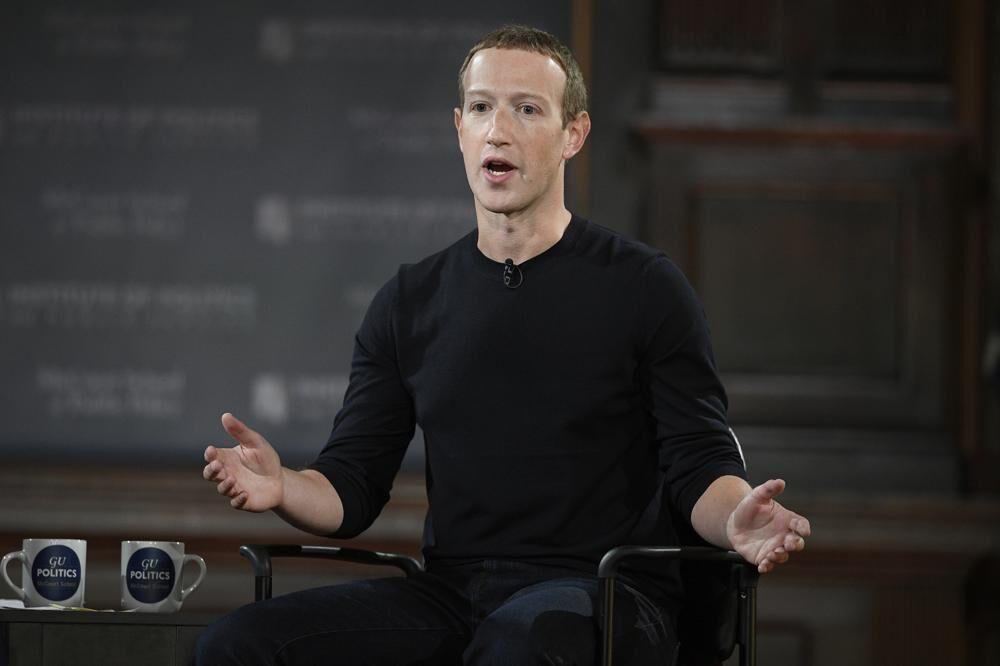Mark Zuckerberg, CEO of Meta Platforms, released a statement Nov. 9 announcing the company was letting go 11,000 employees—13% of its workforce—because of revenue shortfalls after online shopping growth slowed after the pandemic.
In the statement, he said, “Many people predicted this would be a permanent acceleration that would continue even after the pandemic ended. I did too, so I made the decision to significantly increase our investments.”
“Unfortunately, this did not play out the way I expected,” Zuckerberg said before explaining that online commerce returned to its prior trends after the pandemic ended but that the revenue is much less than expected due to a downturn in the economy, increased competition and ads signal loss, which is information passed from participants in a market.
Meta has shifted resources to high-priority items, such as the artificial intelligence discovery engine, ads and business platforms and the long-term vision of Meta, he said.
“We’ve cut costs across our business, including scaling back budgets, reducing perks and shrinking our real estate platform,” Zuckerberg says.
He said these changes are being made for two reasons: the revenue outlook is lower than expected, and they want to ensure all of Meta’s applications are “operating efficiently.”
A similar issue of firing many employees was seen recently when Elon Musk, CEO of Tesla, SpaceX and now Twitter, purchased Twitter and lost half of the employees; some he fired, and others quit.
When he bought Twitter, Musk told employees that they needed to commit to a more “hardcore” version of the company or they must leave, according to Bloomberg. Mass resignations ensued.
A meeting was scheduled by Twitter’s sales organization, which included Musk and the new head of sales, Chris Riedy. Employees expected to hear about the cuts, but instead, Musk discussed updates and his decision to reinstate former President Trump’s Twitter account. There was no mention of the cuts during this meeting.
Instead, employees that were laid off received emails titled “Your Role at Twitter,” according to Bloomberg. In the email, Musk says that roles in the company have been identified as no longer necessary.
The email stated it was the employees’ final day working at Twitter and explained that the details of severance and returning company property were to be discussed later. Musk signed the email “Twitter.”
While Zuckerberg had the decency to sign his email with his name, he will not face any repercussions for the self-admitted mistake that cost 11,000 people a job.
Zuckerberg can’t be fired from his job because he has voting control of the company, so even if the board wanted to fire him, he could simply refuse, according to Inc.com.
An article from Outlook India shared the experiences of a Meta employee who said that after employees heard many people would be laid off, productivity came to a halt as everyone anxiously waited to hear if they would still had a job.
After joining an online meeting with Zuckerberg, the employee told Outlook India, “When he appeared, he looked like he had been crying for hours. In a somber voice, he essentially repeated the contents of the email and explained the reason for taking such a drastic decision.”
The employee said that though the severance is generous, this layoff is extremely harmful to employees, and especially to those on work visas. Those on work visas have 60 days to find a job, or they must return to their home countries.
While Zuckerberg seemed genuinely upset to make this decision, he faced no consequences. While 11,000 of his former employees are now searching for jobs, he’s sitting comfortably in the same position at the company.
While he did take accountability that the mistake was his fault, the only punishment he faced was delivering the news that thousands of his employees are now jobless.
While many questions about what will come for the Meta Platforms remain unanswered, Zuckerberg seems confident that things will get better, calling his company “deeply underestimated” at the end of his statement on the Meta website.
While he has confidence in the company, it appears that some employees are losing theirs.
“There are questions around the long-term health of the tech company,” one Meta employee told Outlook India.
While things at Meta seem to be confusing and difficult, all we can do as consumers is sit back and see what Zuckerberg decides to do next.
Kate Beske is a 19-year-old journalism sophomore from Destrehan.





